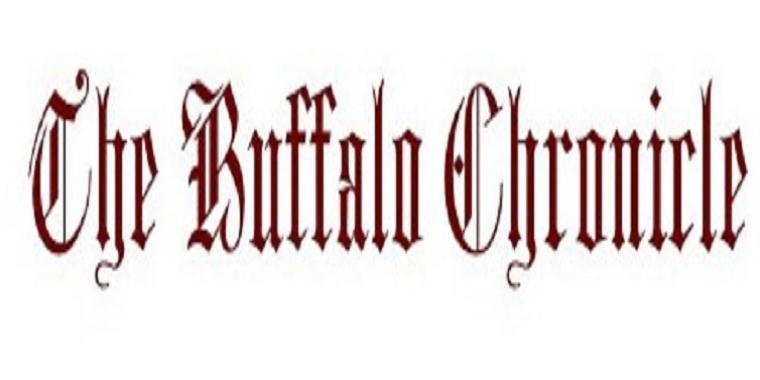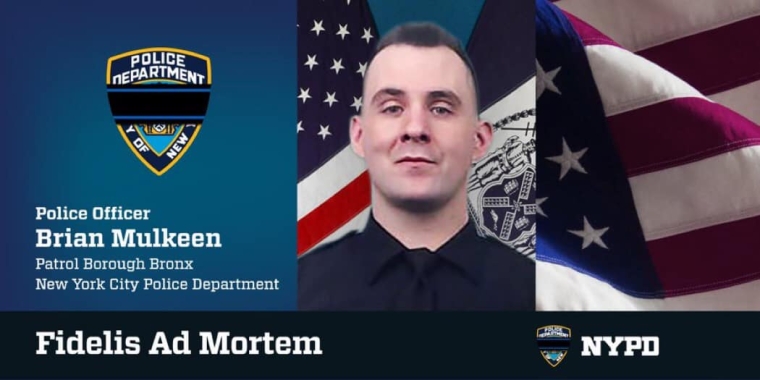
Homeowner Protection And Property Tax Rebate Act
John J. Flanagan
March 22, 2010
-
ISSUE:
- Property Tax



PART A - PROPERTY TAX REBATE CHECKS
• This plan reinstates the Middle Class STAR rebate checks for all STAR recipients with annual household incomes at or below $250,000 beginning in the fall of 2010.
• The rebates will be based on the 2008 structure of three income brackets for both upstate and downstate counties.
PART B - PROPERTY TAX CIRCUIT BREAKER CREDIT
• This bill creates a maximum residential real property tax credit that will be based on household income and the percentage of that income that the household expends for property taxes. Homeowners will receive the credit will be delivered to homeowner's in the form of a check which will arrive in the fall of 2010.
Homeowners will be able to receive either the rebate check or the maximum residential property tax credit based on which one provides them the greatest tax relief
• To be eligible for the middle class circuit breaker benefit, homeowners must have lived in their residences for three years.
• If a homeowner receives a greater benefit under the circuit breaker, they will receive a check in the same manner and timing of receiving a rebate check.
While the Senate Democrats have offered a similar plan, their plan would offer Long Islanders less property tax relief
Senate Republican vs. Klein Bill S6212-A
The Senate Democrats plan would also only restore rebates for seniors eligible for the enhanced STAR program and would provide no property tax relief at all to the following taxpayers:
• $50,000 gross household income paying $3,500 or less in property taxes – THESE TAXPAYERS WOULD GET $350 in tax relief under the Republican plan
• $100,000 gross household income paying $7,000 or less in property taxes - THESE TAXPAYERS WOULD GET $700 in tax relief under the Republican plan
• $150,000 gross household income paying $10,500 or less in property taxes - THESE TAXPAYERS WOULD GET $1,050 in tax relief under the Republican plan
PART C - SENIOR TAX RATE FREEZE
• School districts across the state would have option to freeze the school tax rates for seniors age 70 and over who are eligible for the Enhanced STAR program.
• If school district tax rates decrease in any year following the implementation of this freeze, an enrolled senior would have their taxes reduced in accordance with the reduction.
• The state would reimburse the individual school districts for any lost tax revenue to make sure that the burden of this program is not passed on to other property owners in the district.
PART D - PROPERTY TAX CAP
• This PROPOSAL would establish a property tax cap for all school districts in the state (excluding city school districts).
• The Homeowner Protection and Property Tax Rebate Act would limit a school district to an increase that is the lesser of 4% or 120% of the annual increase in the consumer price index (CPI) excluding capital expenditures.
• A school district would be permitted to "bank" unused tax, levy capacity from prior years, but could use this carryover levy capacity to increase its tax levy only by an additional 1.5% in any year.
• To make sure that the voice of the voters is even more powerful than current law allows, the voters of the district will have the ability to override the limit:
o If state aid contains less than a five percent increase, 55 percent of those voting would need to approve overriding the cap.
o If state aid to a school district increases by over five percent, then overriding the cap would have to be approved by 60 percent of those voting.
• In the event a district's actual tax levy exceeds its authorized levy due to clerical or technical errors, the erroneous excess levy must be placed in reserve to offset the levy for the next school year.
• There would be no vote on the school district spending plan only on the amount of the levy.
PART E - STATE SPENDING CAP
• To rein in government spending on the state level, the Homeowner Protection and Property Tax Rebate Act includes a State budget spending cap. State spending would be limited (with specific exclusions for emergencies) to an annual increase of an average of the last three years of the Consumer Price Index (CPI).
Senator Flanagan has long called for this type of spending-control mechanism and has voted for similar plans on two separate occasions. Senator Flanagan also noted that a spending cap would have saved taxpayers $6.4 billion in last year’s budget alone and would produce more than enough revenue to provide property tax relief going forward.
PART F – CONTROLLING SCHOOL COSTS TO RELIEVE BURDEN ON TAXPAYERS
“Providing property tax relief to the residents of New York must be our state’s number one priority but it is impossible to do that without reigning in school district spending. By banning unfunded mandates and reducing other costly requirements, this act is targeting the number one issue that school administrators say is the cause of their high costs, and that should help lower the burden our taxpayers face.” - Senator John Flanagan.
BAN ON UNFUNDED MANDATES
• The Homeowner Protection and Property Tax Rebate Act would bar any unfunded mandate for municipalities and school districts to cut costs.
• Unfunded Mandate are laws, rules or regulations which creates a new program or requires a higher level of service for an existing program which a school district or municipality is required to provide.
• Any and all mandates must be cost neutral to municipalities and school districts or paid for by the State unless the mandate is due to:
1. A Federal law
2. A court order
3. A decision made by the school district
4. A home rule message and
5. A mandate required by executive order of the Governor exercising his emergency powers
PAPERWORK REDUCTION
• The act also includes a Paperwork Reduction portion to reduce school overhead and bureacracy.
REGIONAL COST SAVING MEASURES
• To overhaul the operation of individual school districts in an effort to maximize their collective power, the Homeowner Protection and Property Tax Rebate Act would:
o Permit school districts to contract with other districts and private contractors to achieve regional transportation cost savings
o Authorize BOCES to bargain collectively at the BOCES regional level as well as create health insurance trusts with component school districts
o Allow school districts to access excess funds in the Employee Benefit Accrued Liability Reserve fund for the purposes of property tax relief, staff retention or program support
o Require the Commissioner of Education to evaluate any and all mandates to determine where school district relief may be achieved in terms of identifying where regulatory or statutory mandates are not critical to the education of a child



